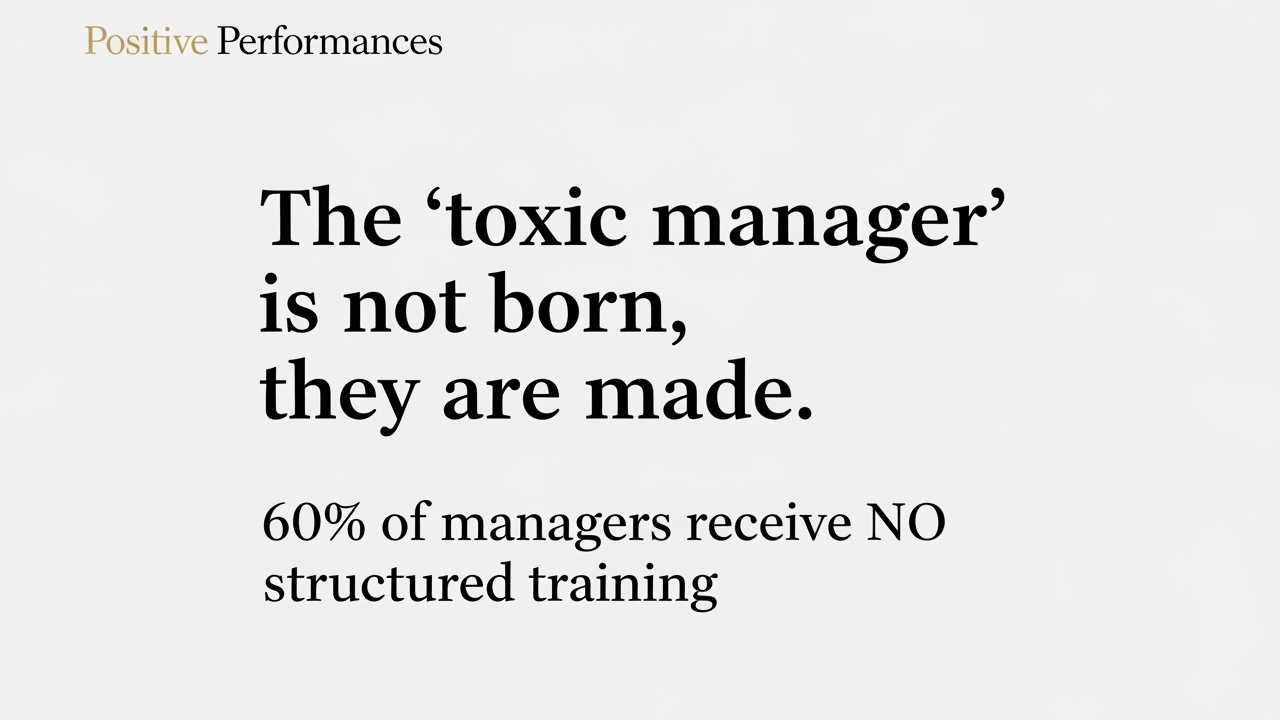Competency 4 - Mindful Awareness of Inner Experiences
Transforming Conflict into Growth:
Cognitive Competencies: Self-Awareness
Specific Competence: Mindful awareness of inner experiences - Being aware of your thoughts, emotions, and sensations.
Statement: Mindful awareness involves paying attention to your inner experiences—your thoughts, emotions, and bodily sensations—in a non-judgmental and accepting way. This skill helps you stay grounded, manage stress, and respond to situations more thoughtfully.
Part A: Start By Yourself
Objective: Develop mindful awareness of your inner experiences.
Instructions:
A) Start by Yourself:
- Find a quiet place to sit comfortably. Close your eyes and take a few deep breaths.
- Focus your attention on your breath. Notice the sensation of the air entering and leaving your body.
- Gradually expand your awareness to include your thoughts and emotions. Observe them without judgement. Just notice what comes up and let it pass.
- Reflect on how this practice makes you feel. Write down any insights or observations.
B) Take It Further:
- Incorporate mindfulness into your summer holiday activities. Whether you're at the beach, hiking, or enjoying a family picnic, focus fully on the moment. Notice the sounds of the waves, the feel of the sand, the scent of the flowers.
- During meals, take a moment to appreciate each bite. Savour the flavours and enjoy the company of those around you.
- Use your strengths from Competency 1 (Self-Knowledge), the critical thinking skills from Competency 2 (Critical Thinking), and the positive self-evaluation from Competency 3 to enhance your mindfulness practice.
Tips:
- Start with short sessions (5-10 minutes) and gradually increase the duration as you become more comfortable.
- Be patient with yourself. It’s normal for your mind to wander. Gently bring your focus back to your breath or present moment.
- Use your identified strengths to support your mindfulness practice.
Benefits:
- Reduces stress and enhances emotional regulation.
- Improves focus and concentration.
- Encourages a deeper understanding of your inner experiences.
Part B: Share with Pairs, Family, or Friends
Objective: Develop mindful awareness together by practising mindfulness exercises in a group.
Instructions:
A) In Pairs or Groups:
- Gather with a family member, friend, or small group. Choose a comfortable, quiet space where everyone can sit or lie down.
- Lead the group in a short mindfulness exercise, such as mindful breathing or a body scan. Take turns guiding the practice if you’re comfortable.
- After the exercise, share your experiences. Discuss any thoughts, emotions, or sensations you noticed. Offer support and encouragement to each other.
B) Make It Fun:
- During summer holiday activities, practise mindfulness together. For example, while enjoying a beach day, focus on the sounds of the waves, the warmth of the sun, and the feel of the sand. While hiking, notice the smells and sights around you.
- Have a "Mindful Walk" after a meal. Pay attention to the sights and sounds around you. Discuss what you notice and how it makes you feel.
- Integrate the strengths from Competency 1, the critical thinking skills from Competency 2, and the positive self-evaluation from Competency 3 to enhance your group mindfulness practice.
Reflect Together:
- After practising mindfulness together, discuss how it made you feel and any insights you gained. Reflect on how mindful awareness can improve your interactions and relationships.
- Use the strengths from Competency 1 and the critical thinking skills from Competency 2 to enhance your group mindfulness practice and discussions.
- Share positive feedback and affirmations from Competency 3 to support each other's growth.
Tips:
- Encourage a supportive and non-judgmental atmosphere during mindfulness practices.
- Be open to sharing your experiences and listening to others.
- Celebrate each other’s progress and encourage consistent practice.
Benefits:
- Promotes mutual understanding and support.
- Enhances group cohesion and connection.
- Strengthens relationships through shared mindfulness and reflection.
Join the Journey By integrating these competencies into your daily life, you can improve your mental health, build stronger relationships, and better handle life's challenges. Let’s make the most of the summer holiday season by turning potential conflicts into opportunities for growth and connection. Stay tuned for the next competency!
Want to take it further, reach out and let's talk ;-)
Let'st work together, book me or my team for coaching, keynotes, training and consulting.
In the meantime,
Take care,
Krumma
PS: click here for the free mental fitness app that might change your life and your relationships https://positive-performances.passion.io/











